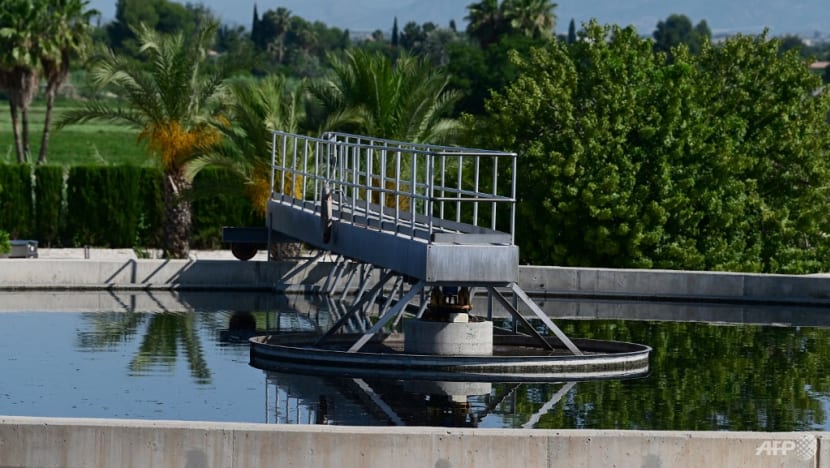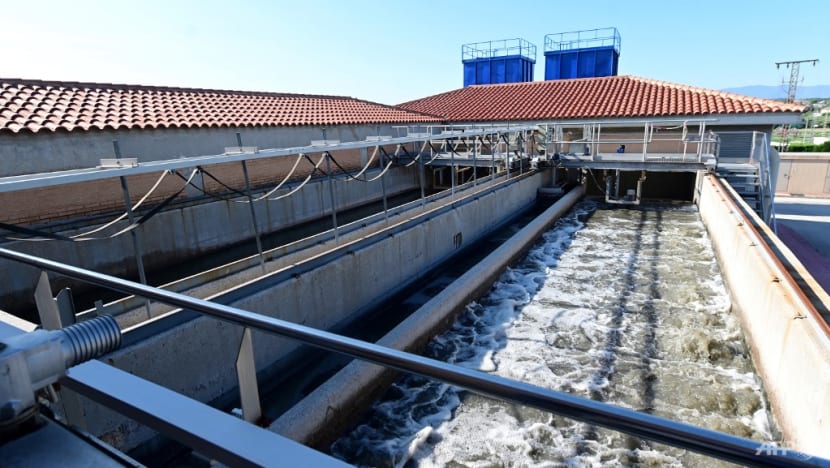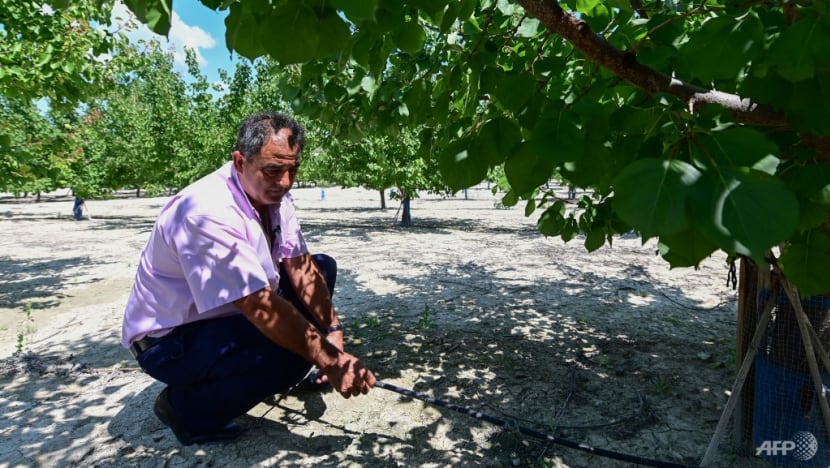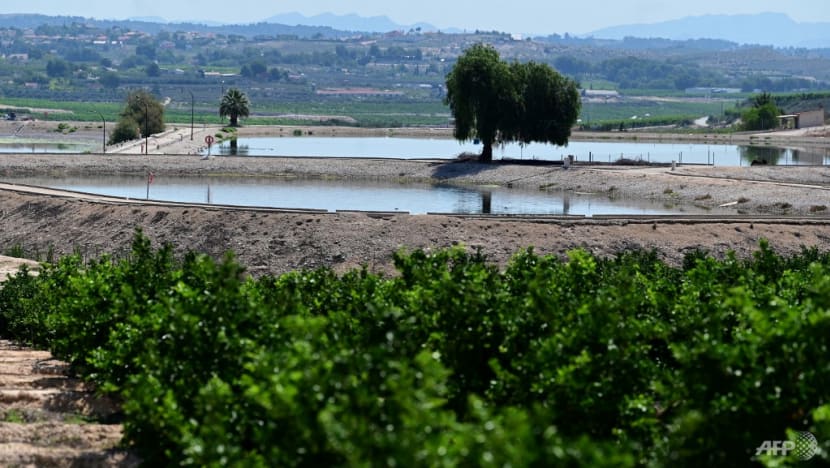MURCIA, Spain: With rainfall increasingly scarce, irrigating crops can be a major challenge, but farmers in southeastern Spain have long relied on recycled wastewater in a model that is winning attention abroad.
"Here the water is still dirty ... but by the end, it will be crystal clear and bacteria-free," said Carlos Lardin, operations manager at Esamur, the public body overseeing wastewater management in the Murcia region.
At his feet, brownish water bubbled in a de-silting tank, the first step before being sifted, filtered and then biologically treated to give it "a second life", explained the 45-year-old engineer.
About 23 years ago, Murcia - an arid region with chronic water shortages that claims to be the EU's leading producer of fruit and vegetables - set itself a huge challenge of reusing wastewater to irrigate its crops.
To that end, the region built a network of 100 treatment plants that process and disinfect water from the sewage system so it can be reused on the fields.
This treatment, which involves sand filters and ultraviolet rays, ensures that the water "is not contaminated" and doesn't transfer bacteria "such as E.coli" to the fruit and vegetables, Lardin said.
"AN IMPORTANT RESOURCE"
As a result, about 98 per cent of the region's wastewater is reused today, compared with an average of 9 per cent across Spain and 5 per cent across the EU, government figures show.



